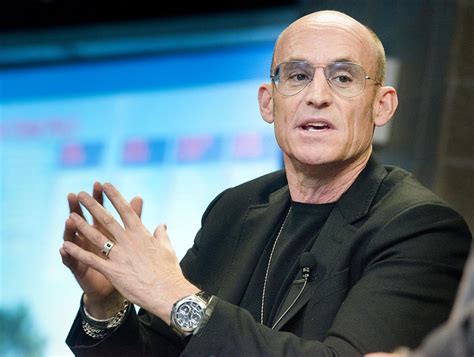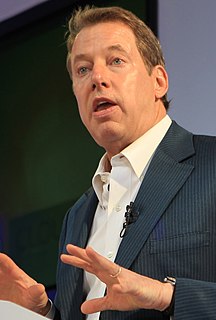A Quote by Ted Waitt
Intel's a great company, and Microsoft is a great company. Everybody seems to do a lot better when there is competition.
Quote Topics
Related Quotes
I have my own theory about why decline happens at companies like IBM or Microsoft. The company does a great job, innovates and becomes a monopoly or close to it in some field, and then the quality of the product becomes less important. The company starts valuing the great salesmen, because they’re the ones who can move the needle on revenues, not the product engineers and designers. So the salespeople end up running the company.
When you're in a start-up, the first ten people will determine whether the company succeeds or not. Each is 10 percent of the company. So why wouldn't you take as much time as necessary to find all the A players? If three were not so great, why would you want a company where 30 percent of your people are not so great? A small company depends on great people much more than a big company does.
Let's say a startup is hot. It ships something great, and it achieves success. Thus, it's able to attract the best, brightest, and most talented. These people have been told they're the best since childhood. Indeed, being hired by the hot company is "proof" that they are the A and A+ players; in fact, the company is so hot that it can out-recruit Google and Microsoft.































